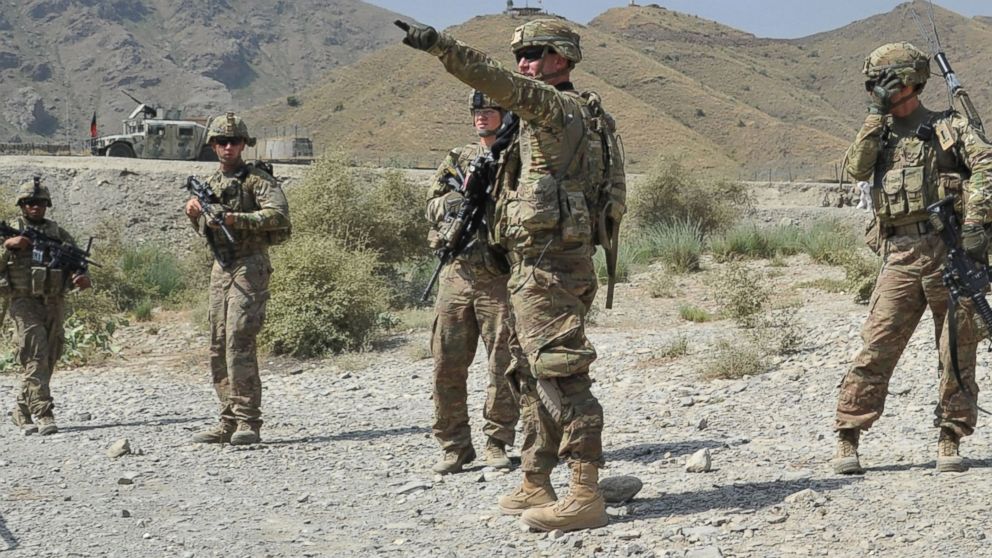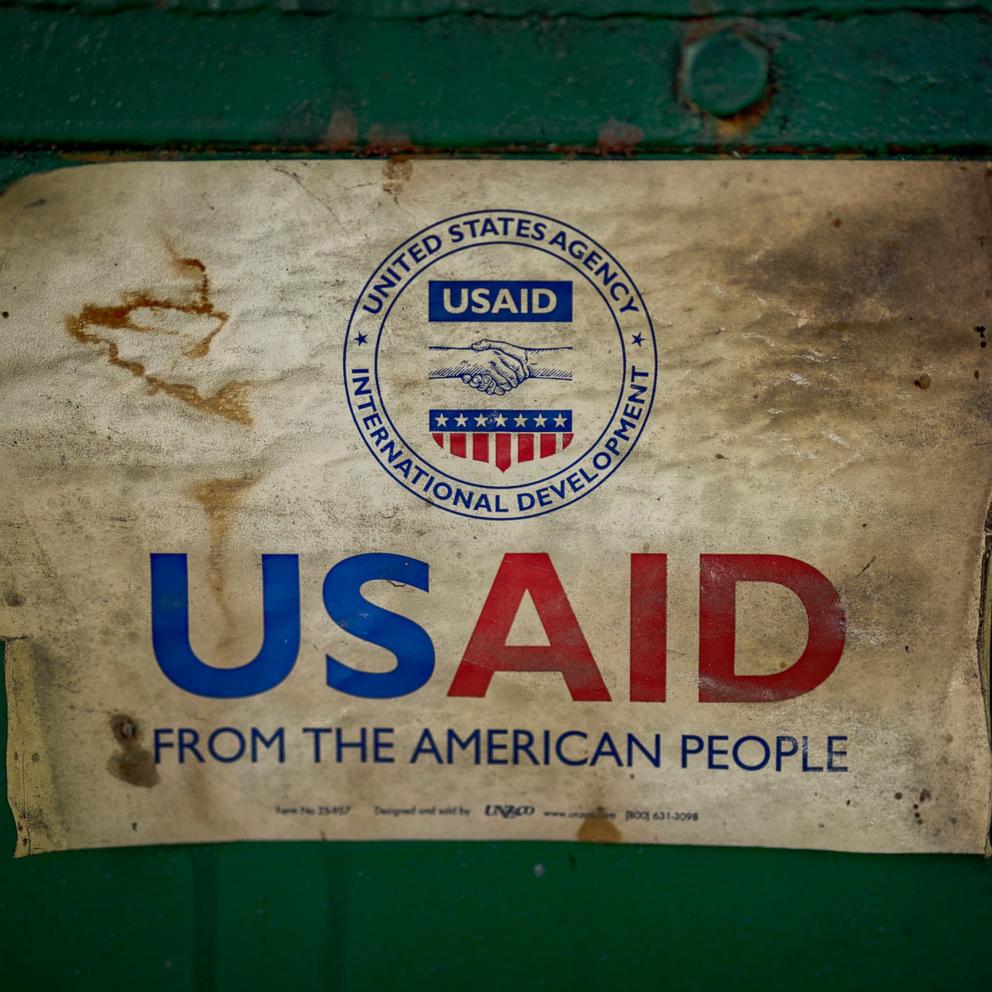What's at Stake This Week for US in Afghanistan

Nov. 18, 2013— -- America's future in Afghanistan will be decided this week – not in a boardroom or on the battlefield – but in a rare assembly of Afghan tribal elders, some practically barefoot, others too illiterate to read the agreement they'll be voting on.
It's called the BSA – short for Bilateral Security Agreement – and it will cover the military relationship between the United States and Afghanistan for the next 10 years.
The State Department, Afghan President Hamid Karzai and the coalition of international armed forces led by the U.S. have agreed to a draft version, but in a surprise move, Karzai said he wouldn't sign it unless it "was approved by the Afghan people."
So he called a traditional "loya jirga," or meeting of tribal elders, to come to Kabul to debate and vote on it. That meeting will happen sometime between Nov 19-25 and last for a few days.
Afghan parliamentarians got a preview at what the document contains when they were briefed over the weekend by two officials who were privy to the full text.
The draft hasn't been released, but we got a sneak preview over the weekend:
- 10,000 to 16,000 U.S. troops remaining in Afghanistan
- Full control over Bagram Air Field, plus troops stationed in Kabul, Herat, Mazar-e-Sharif, Kandahar, Shiandad, Jalalabad, Helmand, and Gardez. These are the most volatile areas of the country
- Primary mission of U.S. troops who remain will be to train the Afghan army.
- As of January 2015, U.S. military will not conduct any missions unless requested by the Afghan army.
- Freedom of air movement for U.S. troops
- Freedom from prosecution under Afghan law for soldiers accused of committing crimes
- U.S. military staff and contractors will not require visas to enter Afghanistan; civilian workers will
Here's what is not clear:
- There are approximately 85,000 U.S. contractors in Afghanistan. How many will remain?
- How many Special Forces will stay?
- What happens to drone strikes?
- What happens if the loya jirga votes against it?
The debates are expected to be fierce, and the early indications are it will be a very close vote.



